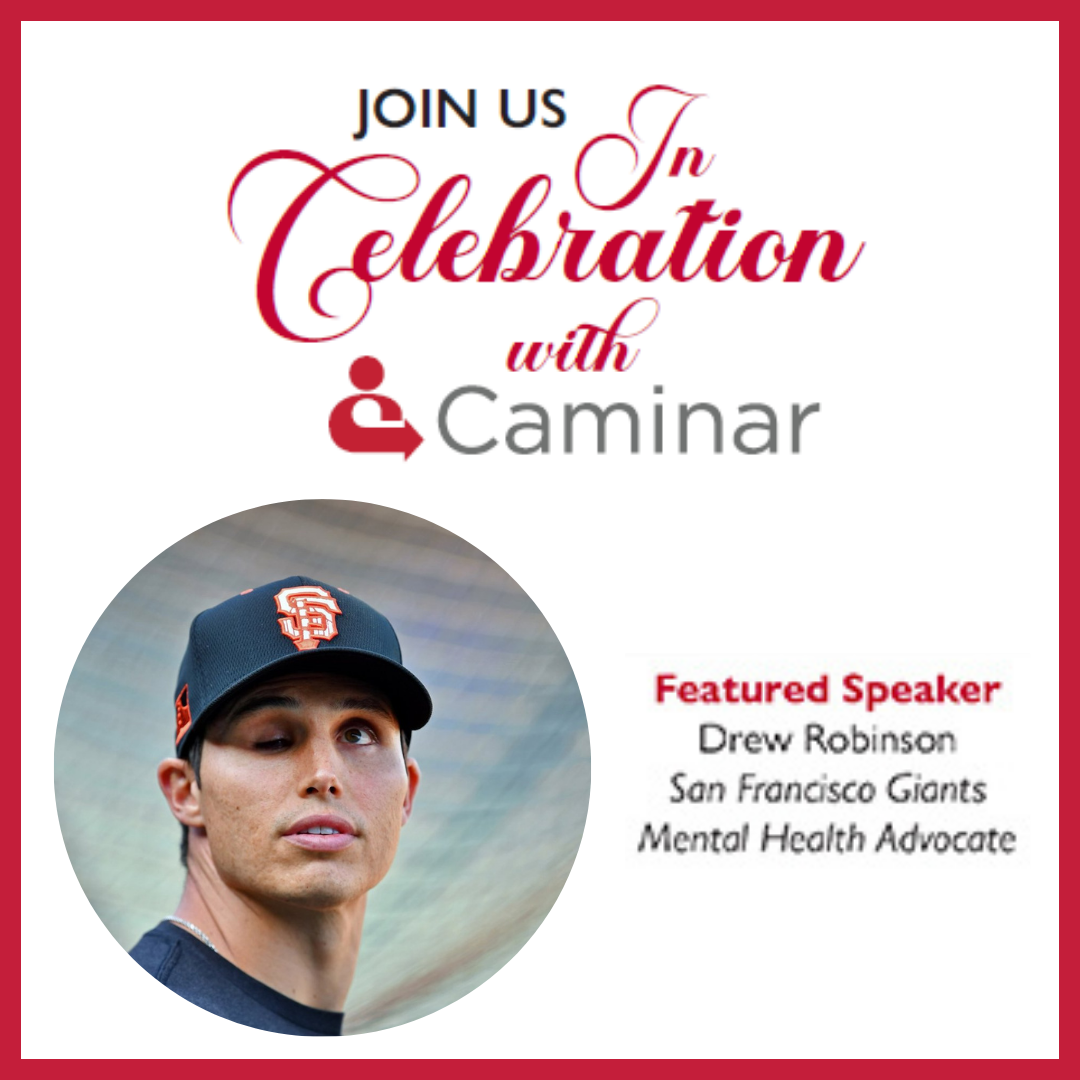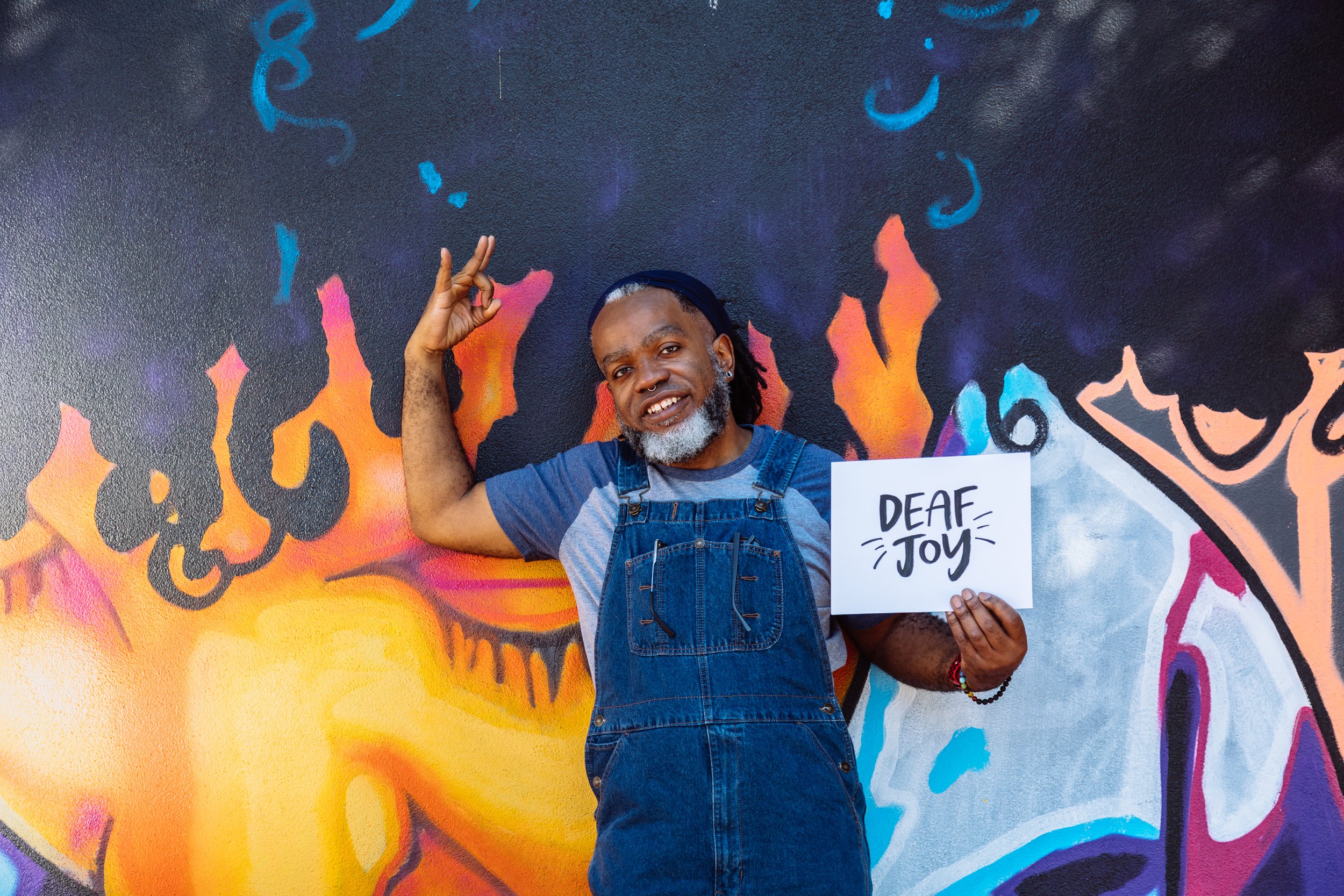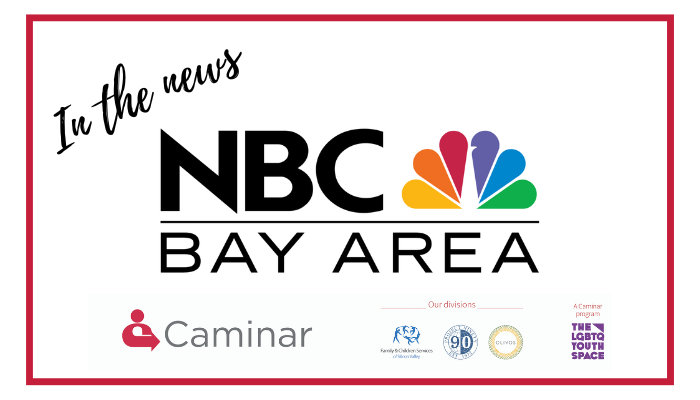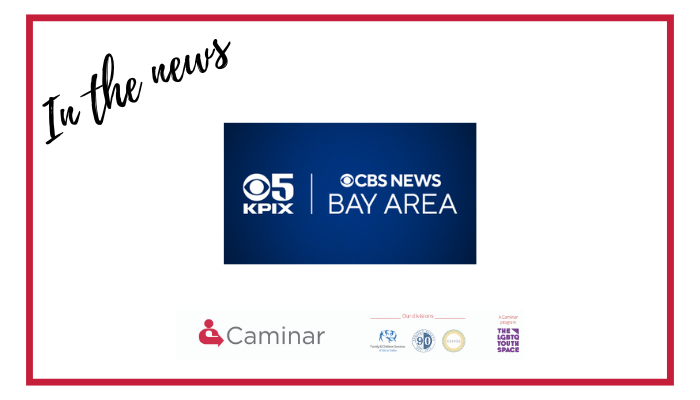July is Minority Mental Health Awareness Month
July is National Minority Mental Health Awareness Month!
This annual observance, which was established in 2008, is a time to bring awareness to the unique mental health concerns faced by racial and ethnic minority and AI/AN people and work towards destigmatizing mental illness.
Thank you for your ongoing support of Caminar, which supports the mental health and well-being of our community - including advancing health equity for racial and ethnic minority and AI/AN communities.
Caminar In The News: Forbes Nonprofit Council "The Secret Sauce To Successful Client-Provider Care"
Our CEO, Mark Cloutier, is an official member of the Forbes Nonprofit Council. His latest thought-leadership article recently published, “The Secret Sauce To Successful Client-Provider Care.”
In the article, Cloutier states: “Empathy, understanding, sensitivity and awareness are a handful of the qualities that providers and organizations need to embrace and
embody to build strong therapeutic bonds with the clients they are serving. As more research and studies point to the fact that mental health continues to be a crisis in our nation, I hope that behavioral health organizations consider these actions when designing programs to keep client-centered care at the focus of their work.“
We invite you to read the entire article here.
Caminar In The News: H.E.A.R.T. on ABC 7
On June 17, ABC 7 featured Justin Ortiz of our H.E.A.R.T. Program, who highlighted the importance of discussing and sharing resources for healthy relationships in the LGBTQ+ community.
According to a recent survey conducted by the H.E.A.R.T. Program—which stands for Healthy Equitable and Respectful Together—individuals
individuals have difficulties getting the help they need due to several factors. In order of prevalence, most respondents said these factors impacted them asking for help:
Lack of mental health services for prevention and intervention of intimate partner violence
Healthy LGBTQ+ intimate relationships are not being represented in the community
Isolation from family and friends’ support
Cultural/societal stereotypes (such as gender norm constructs)
Additional themes that emerged from the feedback included that intimate partner relationships were not as widely talked about in the community as cisgender or heterosexual abusive intimate partner relationships, and there is a generalized fear of seeking legal help.
H.E.A.R.T. offers resources to the community, including workshops for individuals to attend who are seeking help, and provides a comfortable space to share more information on building healthy relationships.
We invite you to view the 5-minute segment.
For more information about H.E.A.R.T., please call 408.840.7600, email heartprogram@fcservices.org or visit https://www.instagram.com/heartprogramsantaclaracounty/
FY2022-2023 Impact Report
We recently published our Fiscal Year 2022-2023 Impact Report. and invite you to review it if you haven't already.
Thank you for your ongoing support of Caminar, our clients, and our mission!
Save the Date
Please save the date for our 60th Anniversary In Celebration with Caminar!
Saturday, Oct 5, 2024
6 - 9:30 pm
Hotel Nia
Reviews Help Folks Find Us!
Google reviews help folks in need find our life-changing services when they search online for resources. Positive and current reviews help our organization stand out, show up more quickly in Google search, and signal to potential clients and supporters that our organization is real and trustworthy.
Would you consider writing a review to help increase the online visibility of Caminar and/ or Project Ninety? It's quick and easy! To submit a review, follow these steps:
Click on the appropriate link below:
On a desktop:
Look to the right side of your screen for the information on the organization and scroll down until you see "write a review," click the link, and review!
On a mobile phone:
The organization's listing will be at the top of the screen, scroll until you see "reviews," click the link, and review!
Thank you for your help!
Recent Educational and Thought Leadership Resources
Podcast: The Mental Health Crisis Gripping Our Youth With Mark Cloutier
Forbes Nonprofit Council: Social Media And Youth Mental Health: Are You Worried Yet?
Caminar's Speakers Series: How Can We Restore Hope and Resilience in Our Youth?
Why I Support Caminar
"Thank you for all the great work you do in the community!"
- A Caminar Donor
Become a Safety Net monthly sustaining donor
and join our effort to empower and support
individuals today.
Donate online or by mail:
Caminar Development
411 Borel Ave, Ste 101
San Mateo, CA 94402
Become a SAFETY NET SUSTAINING MEMBER by making a monthly contribution in any amount
Make a lasting impact by including Caminar as part of YOUR LEGACY - email
mdunbar@caminar.org (all inquiries are confidential)






























